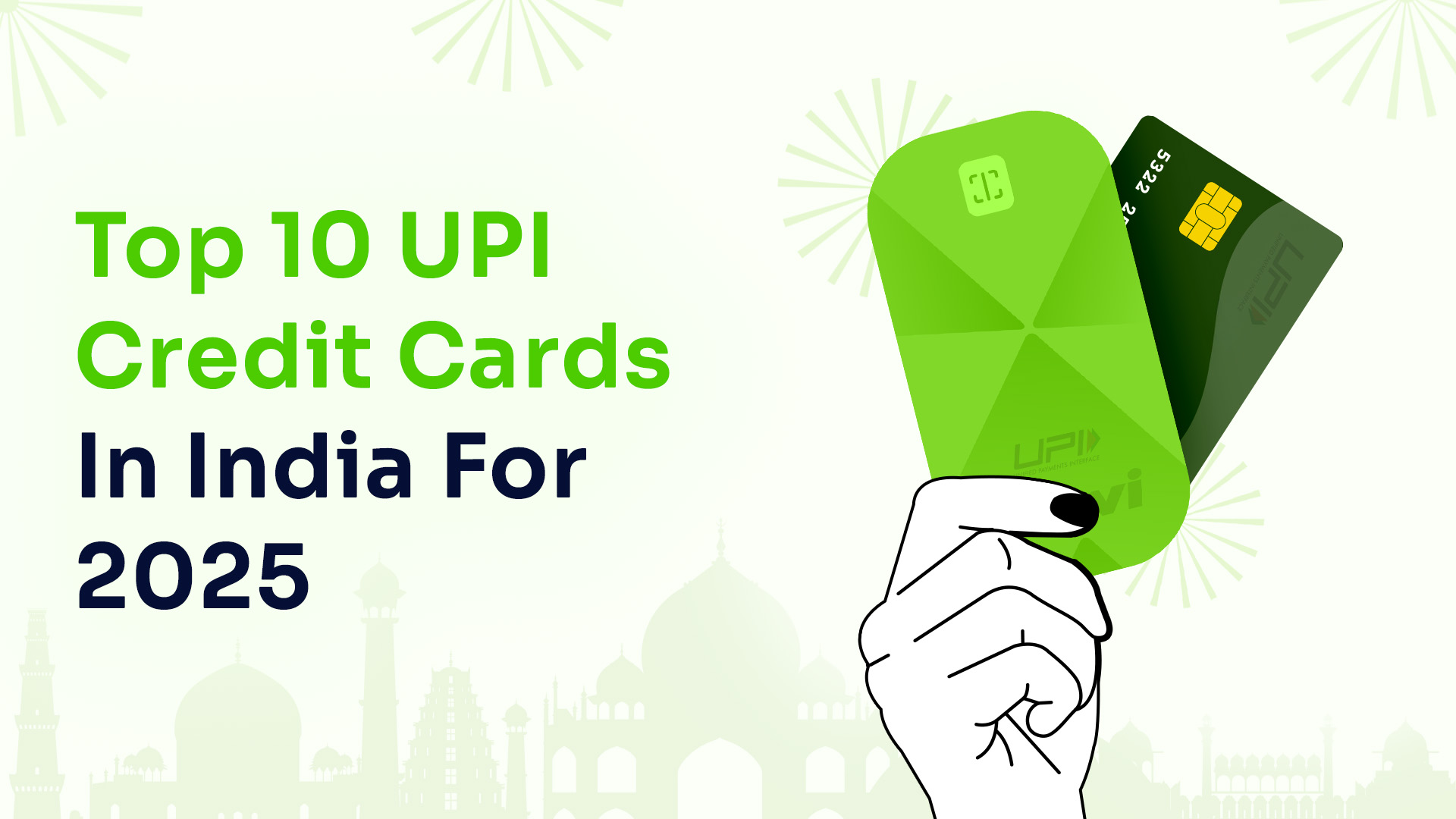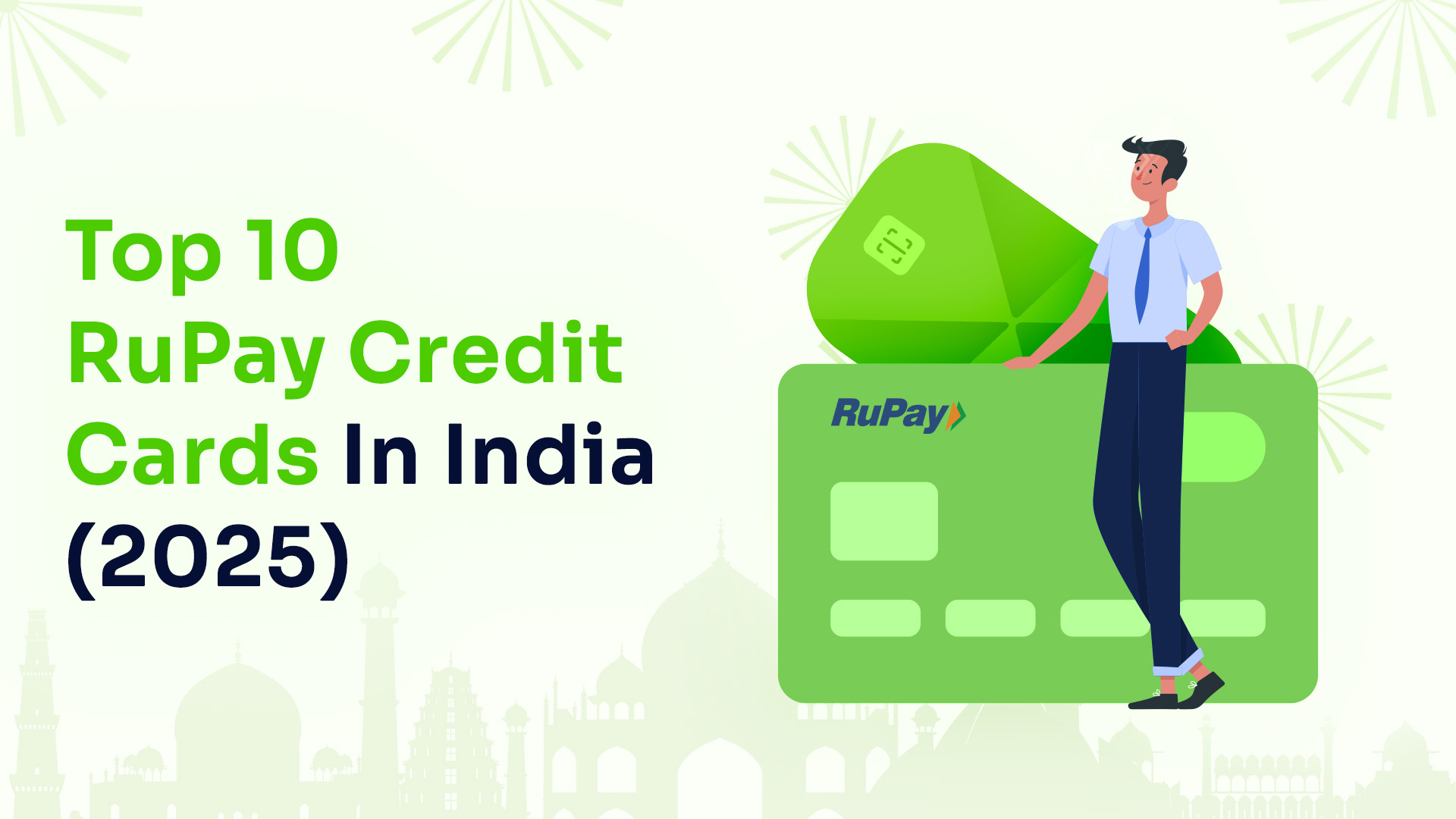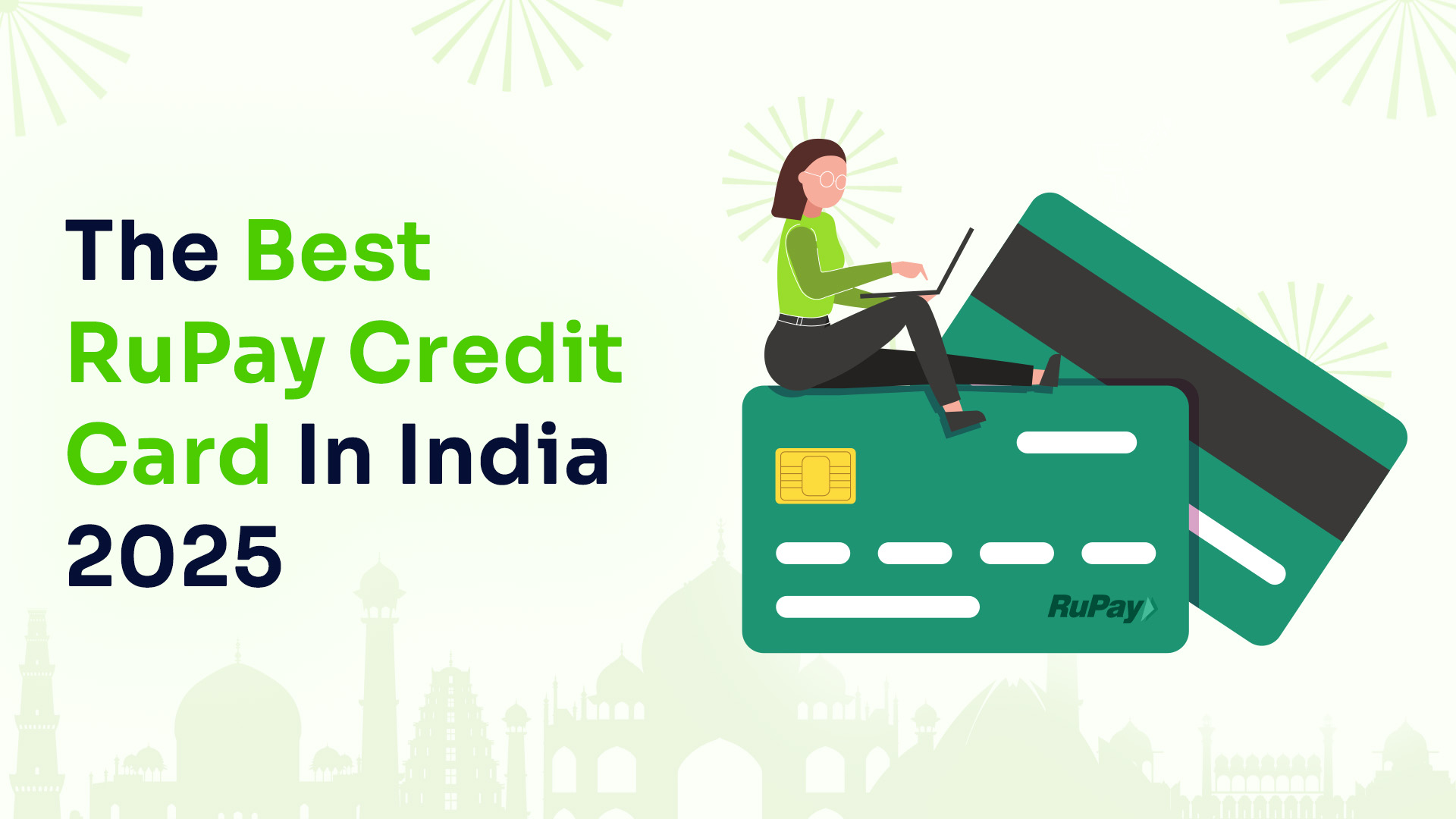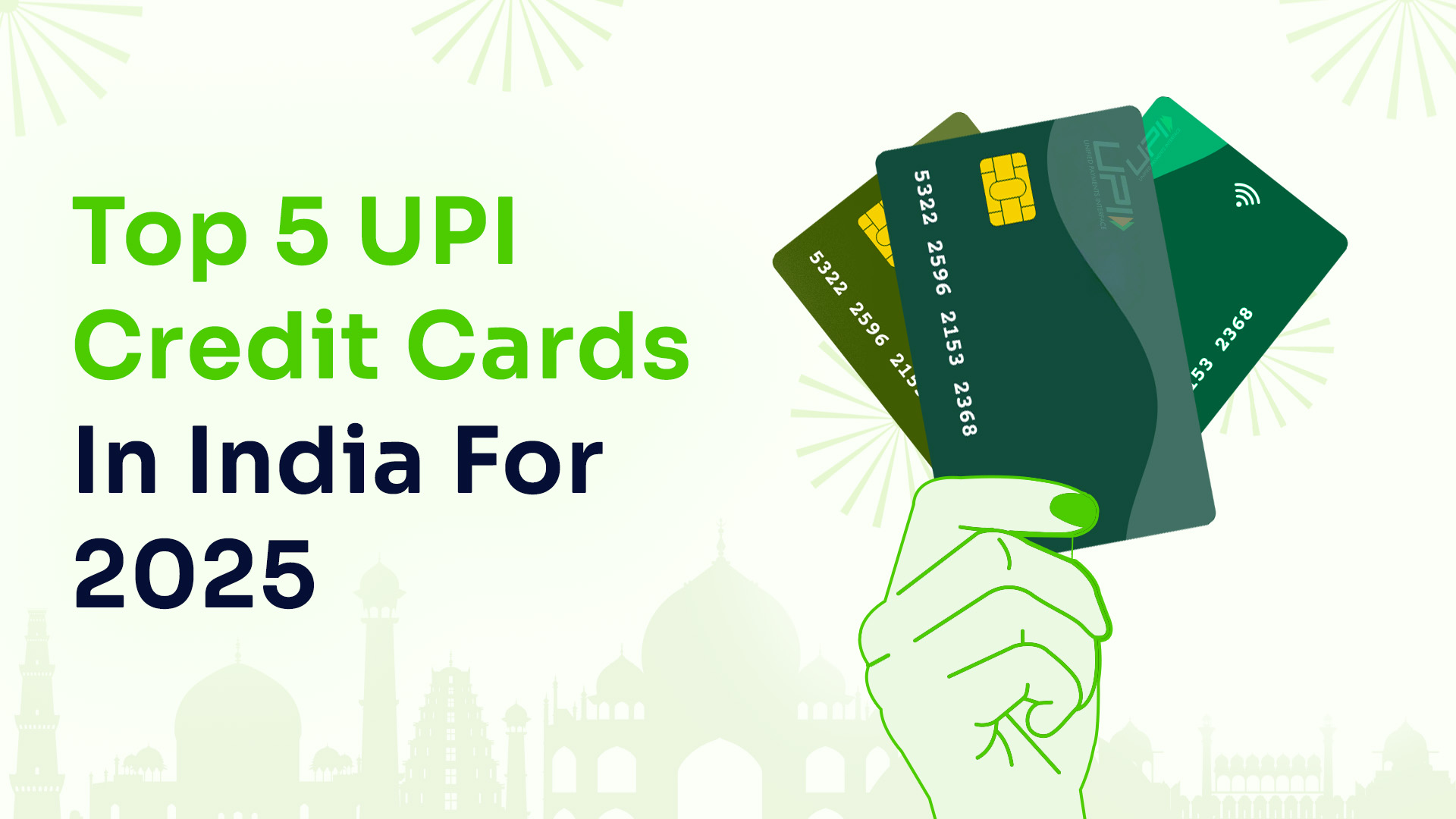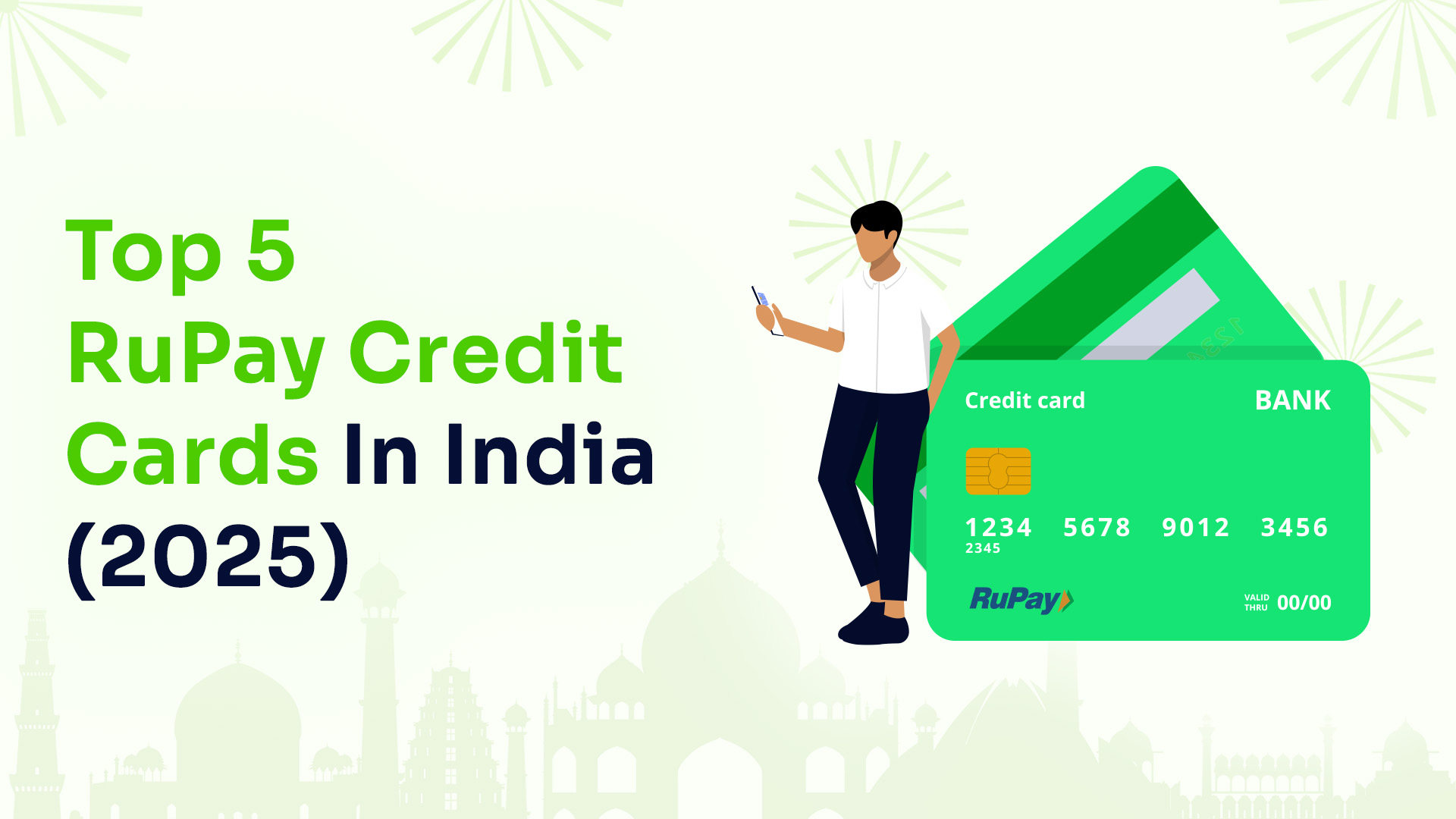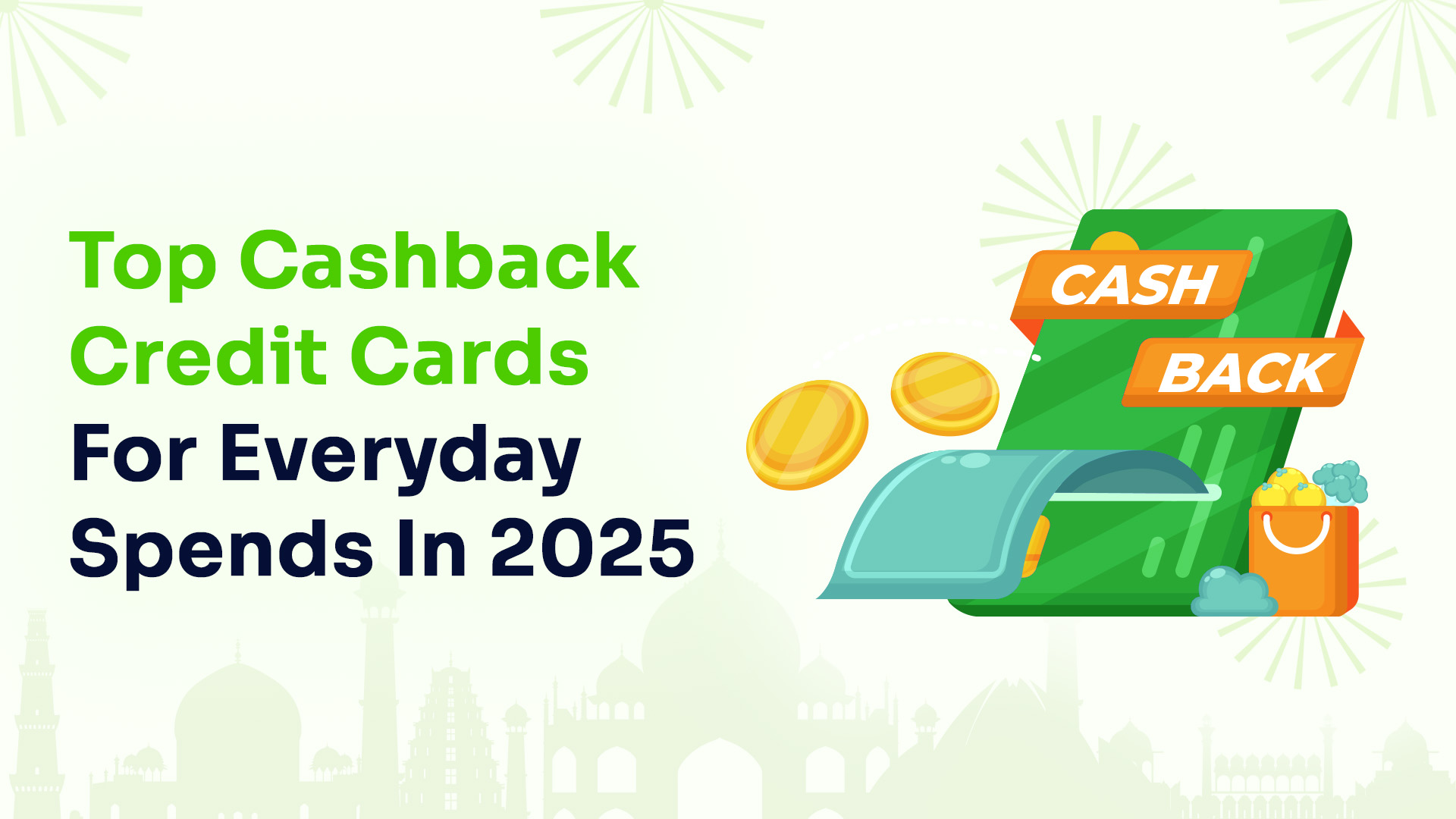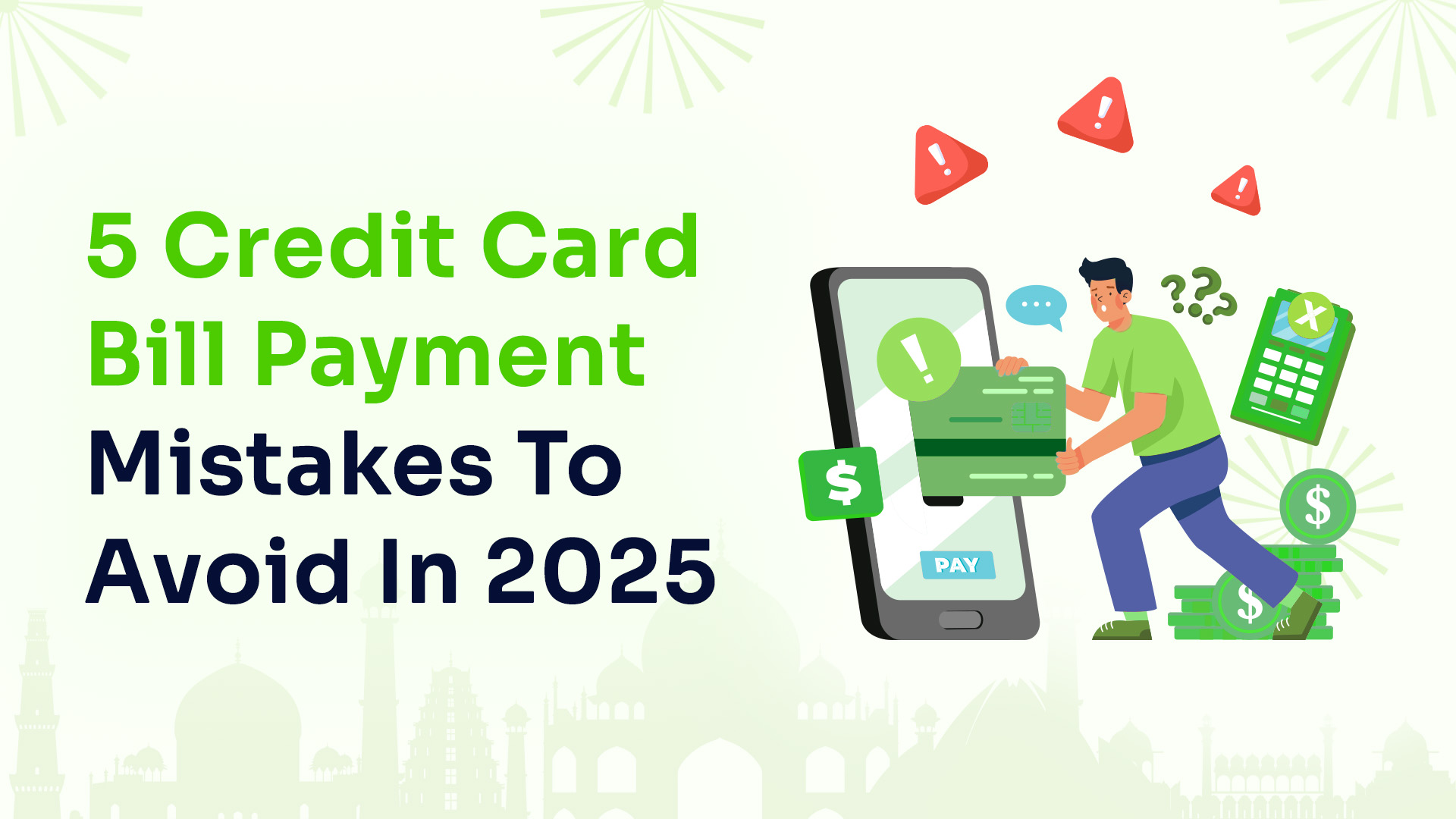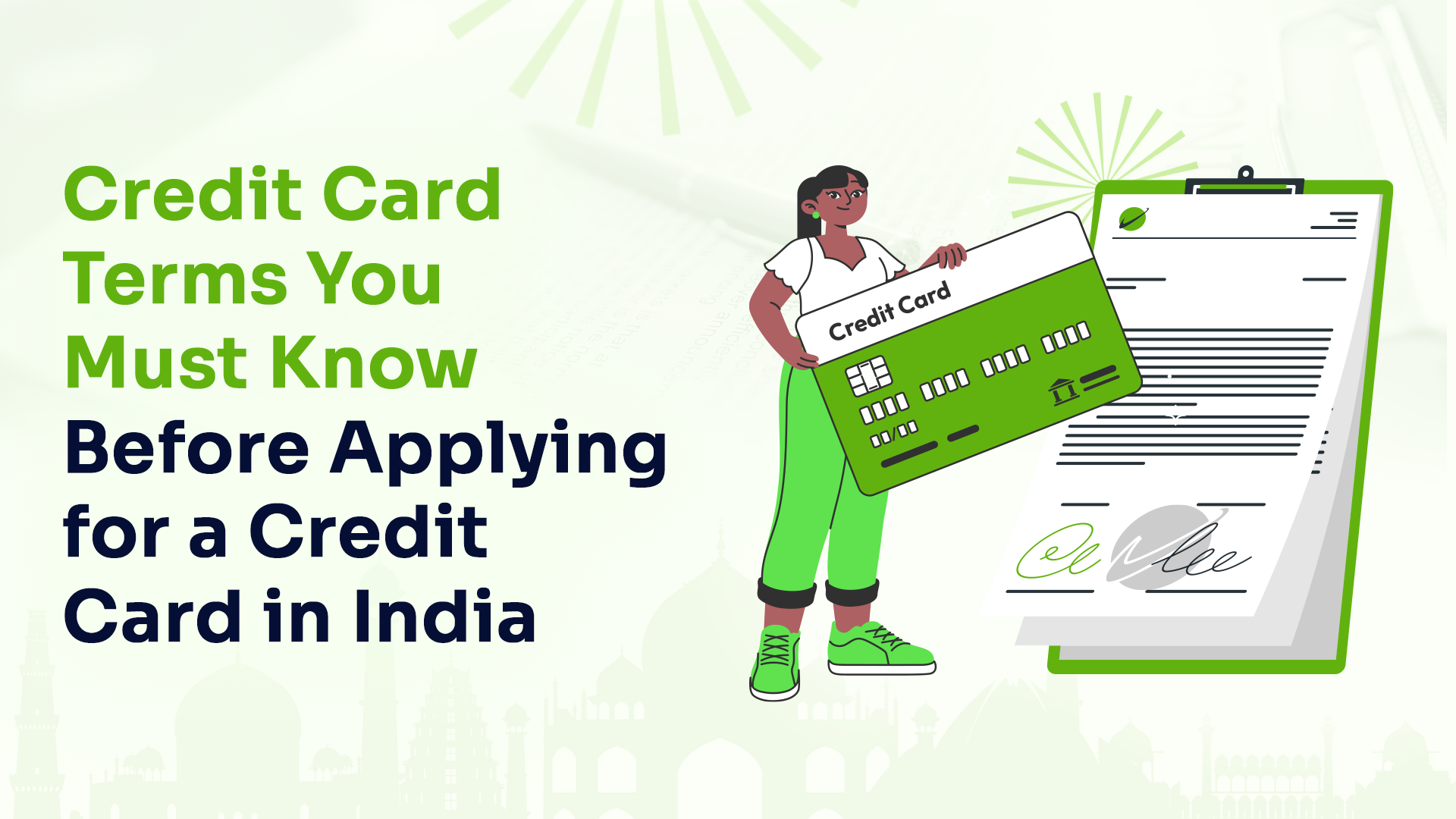
Applying for a credit card can be a big decision that affects your financial health. There are many credit card options available in India, and understanding the key terms is crucial before you apply. If you’re not careful, you might end up paying unexpected fees or facing high-interest charges. To help you make an informed decision, here are some important credit card terms you should know before applying.
1. Annual Percentage Rate (APR)
APR is the interest rate you pay if you carry a balance from one month to the next. It tells you how much it will cost to borrow money using your credit card.
- Variable APR: This rate can change based on market conditions or the RBI’s benchmark rates.
- Fixed APR: This rate stays the same, at least for a certain period, but can go up if you miss payments.
The higher the APR, the more you’ll pay in interest. To avoid this, try to pay off your balance in full every month.
2. Grace Period
The grace period is the time you have to pay your bill after the billing cycle ends. If you pay off your balance in full during the grace period, you won’t pay any interest on your purchases. However, if you already have an unpaid balance, the grace period won’t apply.
For example, if your billing cycle ends on the 15th and your payment is due on the 5th of next month, (this window is called grace period and grace period is usually 20 days for most credit cards) now you have 20 days to pay off your balance without incurring interest—if you don’t have any pending balance from the previous month.
3. Credit Limit
Your credit limit is the maximum amount you can borrow using your credit card. Exceeding this limit can result in extra fees and hurt your credit score. It’s best to stay well below your credit limit to maintain a good credit score.
Also, you need to understand your credit limit to have an optimum credit utilisation ratio. For example, if your credit limit is ₹50,000, and you are spending ₹40000, then your credit utilisation is 80%, which is way above the suggested utilisation of 30%. So, ideally, you should be spending around ₹15000 from a credit card that has a limit of ₹ 50000 to maintain a good credit score.
4. Minimum Payment
The minimum payment is the smallest amount you need to pay each month to keep your credit card in good standing. It’s usually a percentage of your total balance, but if you only pay the minimum, you will continue to incur interest charges.
For example, if you owe ₹10,000 and your minimum payment is 5%, you’ll need to pay ₹500. But this won’t reduce your balance much, and you’ll be charged interest on the remaining amount.
5. Late Payment Fees
If you miss your payment due date, you’ll be charged a late payment fee. The exact amount charged depends on your card issuer. Late payments can also increase your APR and hurt your credit score.
To avoid late fees, set reminders or opt for automatic payments to ensure you always make your payments on time.
6. Cash Advance
A cash advance is when you withdraw cash from your credit card through an ATM or at a bank. While it might seem useful in an emergency, it’s expensive:
- High APR: Cash advances often have higher interest rates than regular purchases.
- No grace period: Interest starts accumulating immediately after you withdraw cash.
- Additional fees: There’s usually a fee (around 2.5% to 3%) for withdrawing cash.
It’s best to avoid cash advances unless absolutely necessary, as they can quickly lead to large amounts of debt.
8. Rewards Programs
Credit cards often offer rewards like cashback, points, or travel miles for every purchase you make. Here’s how rewards work:
- Earning Rewards: Some cards offer higher rewards in specific categories, like 5% cashback on groceries or 2 points per ₹100 on travel.
- Redeeming Rewards: Rewards can be redeemed for cashback, gift cards, or even air tickets. But make sure to check how and where you can use them.
- Annual Fees: Some rewards cards charge an annual fee, so make sure the rewards are worth the fee.
Using your card wisely can help you earn great rewards without paying extra fees.
9. Foreign Transaction Fees
If you travel abroad or shop from international websites, you might be charged a foreign transaction fee. This is usually around 0-3%(May differ for different credit cards) of your purchase amount. Some cards, especially travel-focused ones, don’t charge this fee, making them ideal for international transactions.
10. Introductory Offers
Many credit cards offer special introductory deals such as reward points on applying for credit Cards.. These offers can be tempting, but make sure you read the terms carefully.
11. Fees
In addition to interest rates, credit cards may charge various fees, including:
- Annual Fee: Some cards charge an annual fee. It’s often waived in the first year or if you spend above a certain amount.
- Late Payment Fee: If you don’t make your payment before the due date you are charged with late payment fee.
- Card Replacement Fee: If you lose your credit card or need a replacement, some issuers charge a fee for issuing a new card.
- Cash Advance Fee: When you withdraw cash from an ATM or a bank using your credit card, a cash advance fee is charged. This is typically a percentage of the withdrawn amount, often around 2.5% to 3%.
Make sure to check the fee structure of your credit card before applying.
12. Credit Score Requirements
In India, your credit score plays a significant role in whether or not your credit card application gets approved. Most credit cards require a credit score of at least 700 for approval. If your score is lower, you may need to apply for a secured credit card or a card designed for people with a limited credit history.
Check your credit score before applying to ensure you meet the requirements and avoid unnecessary rejections.
Conclusion
Before applying for a credit card in India, it’s important to understand key terms like APR, grace period, credit limit, minimum payment, fees, and rewards. Knowing these terms will help you avoid surprise charges, save on interest, and make the most of your credit card benefits.
Credit cards are useful tools for managing finances, but they require discipline. Read the terms and conditions carefully, compare different cards, and choose one that fits your financial needs and spending habits. Responsible credit card use can help you build a positive credit history, earn rewards, and manage your finances better.
If you are someone who is looking to apply for a credit card, you can try the Kiwi Rupay Credit Card. This is a virtual Credit Card and comes with many benefits.
